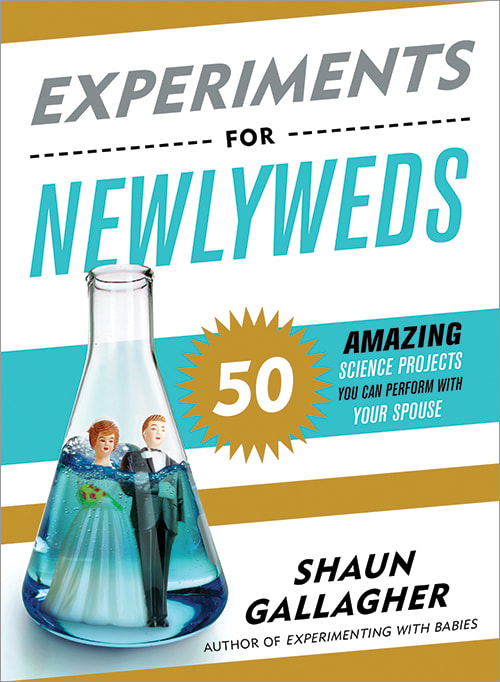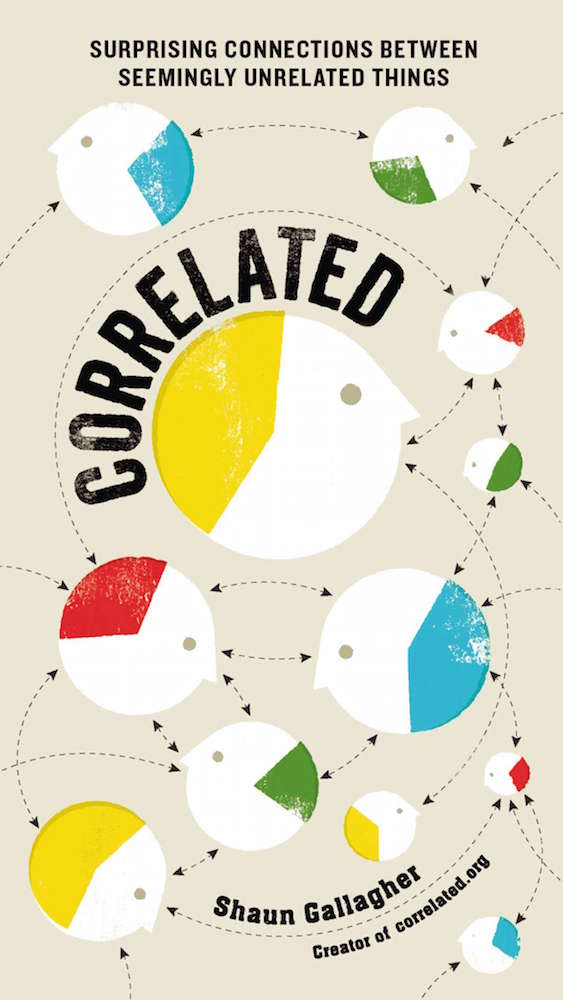How I avoid leaking my passwords
A few years ago, a work colleague accidentally posted a password into our team's group chat.
How did I know it was a password? Because it looked like this:
I.LoveKatie0510!
I have no idea which service this password corresponded to — maybe it was his bank account, or maybe just a password he created for local development — but I watched as the post quickly disappeared when he realized his mistake, hoping no one would notice it.
But I noticed indeed.
I use a password manager and occasionally have to copy and paste passwords into UIs, but I have a simple trick for avoiding this problem.
Here's an example password of mine (no longer in use):
https://ExperimentingWithBabies.com/?id=2480
This password, unconventional though it might look, is both a valid URL and, coincidentally, fulfills most common password requirements. It has sufficient length, as well as a mix of lowercase and uppercase letters, plus some numbers and special characters.
But if I were to mistakenly paste this password into a group chat or a text message or some other public location, the chances of anyone recognizing it as a password are pretty slim.
And that's how I avoid leaking my passwords — not by making it harder for them to appear out in the open, but by making it harder for them to be recognized as sensitive information.
About Shaun
Shaun Gallagher is the author of three popular science books and one silly statistics book:
He's also a software engineering manager and lives in northern Delaware with his wife and children.
Visit his portfolio site for more about his books and his programming projects.
The views expressed on this blog are his own and do not necessarily represent the views of his publishers or employer.
Recent posts
This online experiment identifies dogmatic thinking
Adapted from a 2020 study, this web experiment tests a cognitive quirk that contributes to dogmatic worldviews.
Distributism: A Kids' Guide to a Third-Way Economic System
This student guide explores three economic systems (capitalism, socialism, and distributism) and explains how distributism is different from the other two.
You can thrive in a high-paying career without being money-driven
What if making money is not one of your top goals? And what if you happen to stumble into a high-paying career nonetheless?
On compassionate code review
How to build up and encourage code authors during the review process
Rules for Poems
A poem about all the rules you can break — and the one rule you can't.



